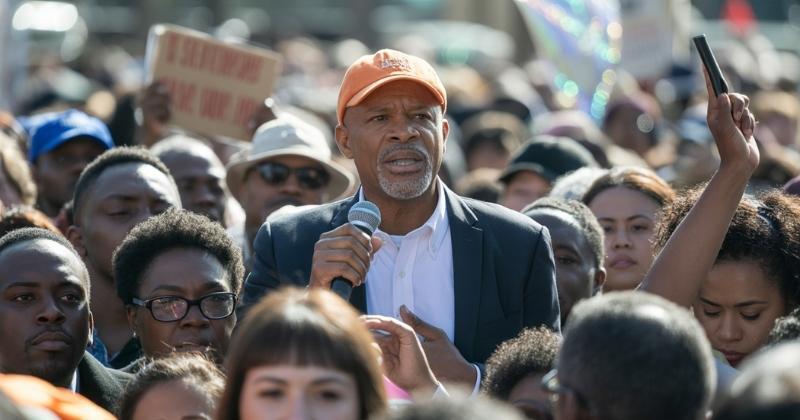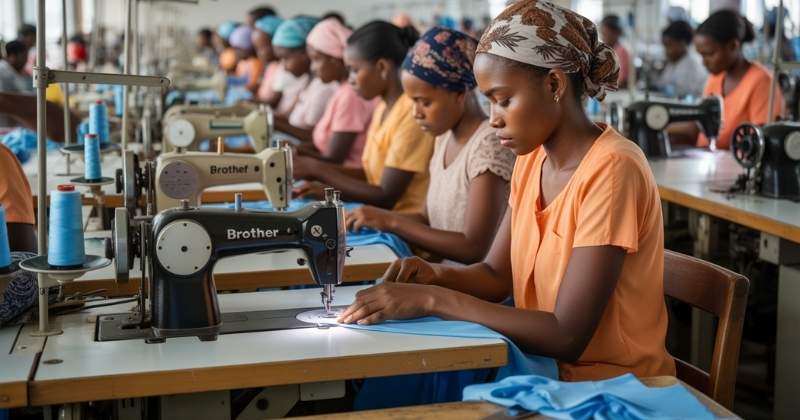
There has been notable progress towards achieving pay equality across the African continent, with 2024 marking a particularly important year for improvements in compensation fairness. Many organisations have introduced stronger policies and initiatives aimed at closing wage gaps and creating a more balanced work environment. Despite this progress, however, a considerable number of employees, particularly women, still report feeling that their pay is not equitable.
Key Takeaways
- Pay Fairness Improving but Gaps Remain: Progress has been made across Africa towards fairer pay, yet women and certain industries still report significantly higher dissatisfaction levels, particularly in education and healthcare.
- Engagement Closely Linked to Perceived Fairness: Workers who believe they are fairly paid are far more engaged, resilient, and loyal, with those receiving pay rises 2.3 times more likely to feel fairly compensated.
- Age, Gender, and Role Affect Perceptions: Younger employees report greater satisfaction, but feelings of being underpaid increase with age and are most pronounced among frontline workers and mid-level managers.
About Arcadia Finance
Get your loan approved with ease through Arcadia Finance. Pay no application fees and choose from 19 trusted lenders, all registered with South Africa’s National Credit Regulator.
Certain regions and industries continue to experience significant disparities, with discrimination reported at higher levels compared to other parts of the world. This highlights that while progress is being made, there is still a long way to go before African workplaces can truly claim to have levelled the playing field.
Findings from the ADP Global Workforce View Survey
These insights come from the ADP Global Workforce View survey, which gathered feedback from nearly 38,000 workers from multiple countries across the globe. The survey results provide a detailed look into how employees perceive fairness in pay and highlight important differences across demographics, locations, and industries. The sheer size of the sample offers employers and policymakers a reliable picture of how workers are feeling, giving weight to the argument that pay transparency and fairness must remain a priority on corporate agendas.
The data revealed that 22% of workers in the Middle East and Africa believe they are not fairly compensated. While this figure is lower than in many other regions globally, it still points to a considerable portion of the workforce experiencing dissatisfaction with their remuneration. The survey also emphasised that examining only geographical averages does not provide the full picture. Once additional factors such as employee age, seniority level, gender, and industry type are taken into account, the discrepancies become far more pronounced.
This means that headline figures may mask underlying structural problems, and leaders who do not look deeper risk ignoring vulnerable groups who feel left behind.

Why Pay Perception Matters for Employers
For employers, the issue of fair pay is more than just a matter of compliance with labour regulations. The survey indicated that workers who believe they are not fairly compensated show lower levels of engagement with their roles, are less resilient in handling challenges, and have reduced levels of trust in organisational leadership. They are also far more likely to seek employment elsewhere, which can lead to higher staff turnover and additional costs for businesses. This has a direct impact on productivity, as replacing an employee can be costly and disruptive, and disengagement can spread across teams, affecting overall performance.
To put the data into perspective, only 9% of disengaged employees stated that their pay felt fair, compared with 22% of employees who reported being fully engaged in their work. This demonstrates the strong link between engagement and perceptions of fairness. Furthermore, the sense of fair pay increases noticeably among employees who have confidence in their leadership, and rises even more significantly among those who received a salary increase within the past twelve months. According to the survey, employees who had a pay rise were 2.3 times more likely to feel they were fairly compensated compared to those whose pay had remained stagnant. These trends were not limited to a single group but were observed across multiple age brackets and gender groups. This shows that regular pay reviews, even modest ones, can have a powerful effect on morale and loyalty.
Age and Gender Trends
The ADP survey highlighted particularly optimistic results among younger African employees. Among workers aged between 18 and 26 years, only 23% of women and 18% of men reported feeling underpaid. However, this sense of fairness decreased with age. Among women aged 55 to 64 years, 34% said they felt underpaid, suggesting that perceptions of pay equity may worsen over the course of a career. This could reflect a combination of factors, such as slower wage growth at later stages of employment and a growing awareness of historical pay inequities.
On a global level, 28% of women felt they were not being paid fairly, compared with 23% of men. Interestingly, South Africa showed a reversed trend, where only 21% of women reported feeling unfairly paid compared to 24% of men. This unusual pattern was also present in other African countries such as Nigeria and Egypt, suggesting that local dynamics can sometimes influence results in ways that do not follow the global norm.
Cultural factors, employment policies, and industry mix in these regions could help explain why women report a slightly fairer experience than men in some cases.
Nevertheless, the overall trend remains clear: women are more likely than men to feel that they are being unfairly compensated. This pattern was particularly visible across many industries, with the gender gap most noticeable in education, healthcare, and hospitality, where women make up a significant share of the workforce. These findings add urgency to calls for stronger gender equity policies and transparent salary structures to ensure women are not left behind.

Industry and Business Role Differences
When examining specific industries, the survey found that dissatisfaction with pay was especially high in sectors with a large female workforce. In the education sector, 40% of women said they felt unfairly compensated, compared with 32% of men. Similarly, in the healthcare industry, 39% of women expressed dissatisfaction with their pay compared to 30% of men. These findings indicate that industries with higher female participation still face challenges in achieving parity. This suggests that systemic issues in pay scales for these professions need to be addressed, particularly as these sectors play a critical role in society.
In more male-dominated sectors, such as mining and energy, the gaps between men and women were narrower, although they were not entirely absent. Beyond industry, the organisational role of an employee also played a significant role in shaping their perceptions. Only 13% of C-level executives felt that they were unfairly paid, compared with 34% of individual contributors who said the same. This demonstrates that senior employees are generally more satisfied with their remuneration, likely due to higher earnings and additional benefits.
Interestingly, even at higher organisational levels, the gender pay perception gap persisted, though the difference between men and women was smaller compared with junior or frontline roles. In South Africa specifically, frontline employees and mid-level managers were far more likely to feel underpaid than their executive-level counterparts, showing that pay dissatisfaction is closely linked to an employee’s position within the company hierarchy. This indicates that pay equity initiatives should not only target entry-level employees but also address mid-level positions where dissatisfaction can hinder progression and morale.
Conclusion
The overall findings of the report confirm that African employers have made considerable progress in addressing pay equality, but that perceptions of fairness still play a critical role in employee satisfaction. Addressing gender-based and role-based disparities is not simply a matter of fairness but a strategic priority for businesses that want to retain skilled workers, improve engagement levels, and foster a productive workforce. Employers that take proactive steps to improve pay transparency and equity are more likely to maintain a committed and motivated workforce. Failing to act risks undoing the progress made in recent years and could see companies lose top talent to competitors offering fairer pay and greater transparency.
Fast, uncomplicated, and trustworthy loan comparisons
At Arcadia Finance, you can compare loan offers from multiple lenders with no obligation and free of charge. Get a clear overview of your options and choose the best deal for you.
Fill out our form today to easily compare interest rates from 19 banks and find the right loan for you.


